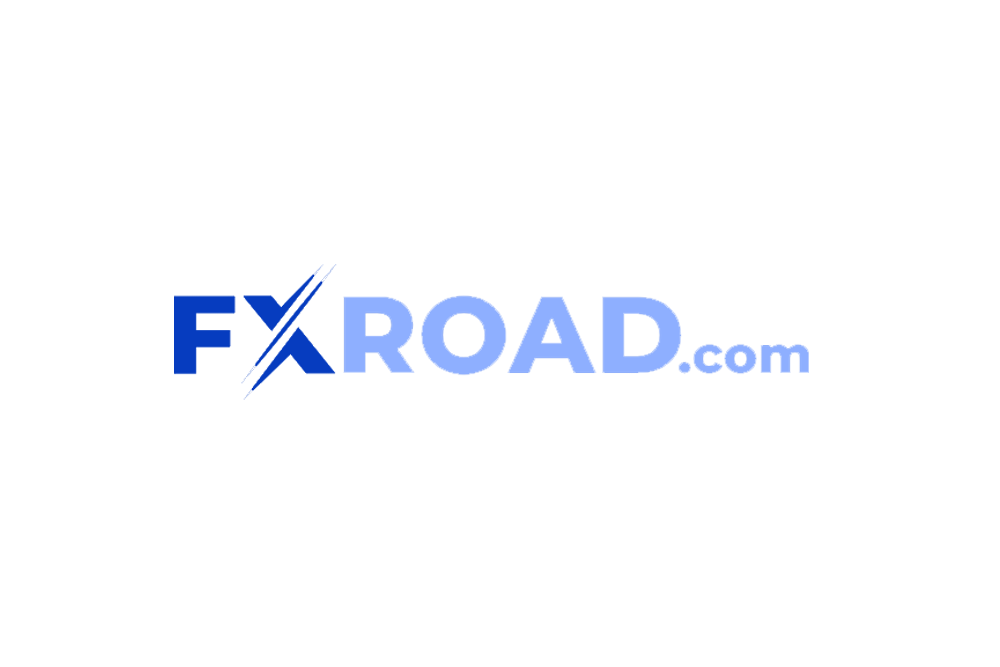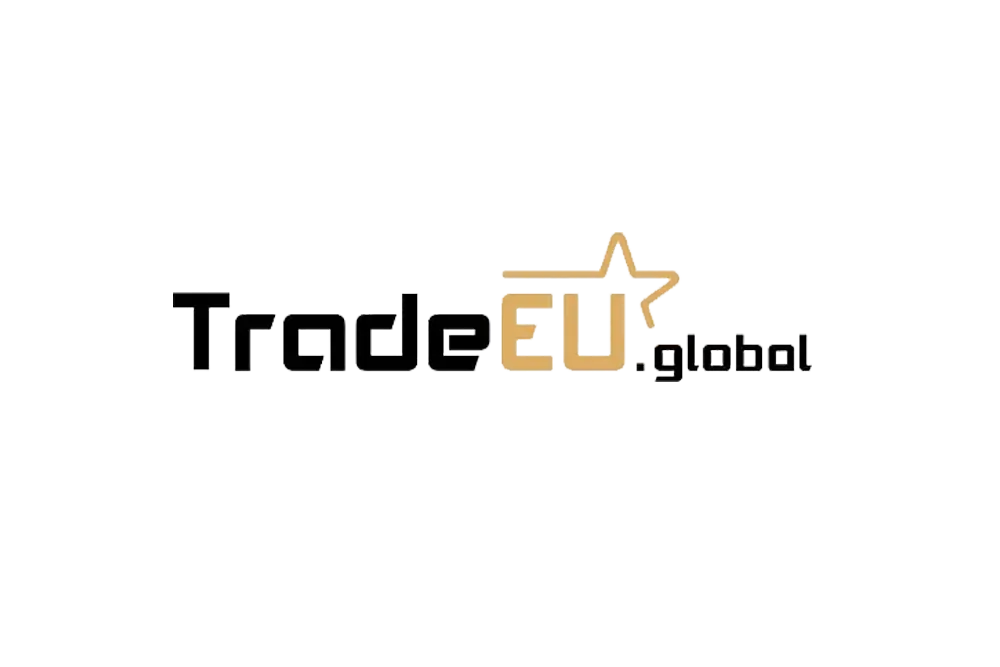Financial literacy is a skill that aids people to be proficient in money concepts, principles, and ideas. In simple words, to be financially literate means to know how to save money, how to borrow, how to invest, how to pay your bill, or overall, how to manage your money effectively to make more money.
And the word literacy doesn’t only mean learning facts, information, and related data about finances. It means doing the right things with your funds to attain proper financial outcomes. It includes understanding compound interest, profitable savings methods, managing debt, financial planning, TVM (or time value of money), and a lot more concepts.
With this, here comes the concept of financial illiteracy, which has its own several negative consequences. A person with poor or no financial education will probably make poor money decisions and keep getting backwards in wealth.
The main components of financial education are budgeting, learning the methods to repay debt, planning for retirement & future, and the ability to tracking the expenses.
Overall, financial education is all about understanding the concept of money, how it works, making and then achieving financial objectives, and supervising external and internal money challenges.
Let us dug deep into the components now.
Primary Components of Financial Literacy
Budget
One of the most underrated skills is budgeting. Most people do not budget their expenses and spending as they consider it as useless and time-wasting. However, financial freedom journey of a person starts with it. Moreover, nowadays, it is most comfortable than ever to create a budget for yourself with the help of so many apps and websites. These mobile apps do the mathematics for you.
If used correctly, these applications can aid you to realize where and when your money is going. And, without it, it is next to impossible to tell where all your money went, accurately.
Saving
It is the concept which most young people ignore but requires the most priority. It is a significant and fundamental aspect of attaining a healthy financial situation in your life. One of the top reasons for ignorance is retirement seeming too far to them, and at present, they have sufficient to survive for the next two-three years.
Everybody needs to understand the concept as it would pay them off through life. One can start with as little as saving by not going to a movie or eating out on weekends. Remember, paying yourself is better than paying someone else. Bills will always be there in your life, and desires are not going to end anytime.
Income
The third component of financial literacy is knowing your monthly income. It is the net amount you take home after paying taxes. It includes your salary, money from a side hustle, any passive income like rent, bonuses, etc. Keeping track of it allows a person to realize his exact financial position and thus, plan accordingly.
Protection: Everything is okay, you have learned to make money, and you’re managing it well, and saving. But, protecting it against theft and frauds is very significant. With today’s digital world, it is easier than ever to get someone’s data and thus, to steal your funds with the help of it.
Keep track of all your accounts, change your passwords frequently, and make sure to keep documents secure and updated with the institutions. One can also buy insurance against these frauds and online thefts too.
Borrowing
Borrowing is seen as a bad thing by many people, but the right people know how to use it. Everybody would need to borrow some amount at some time of his life like a car, home, student loan, or credit card bills. Understanding and knowing to compare these credit bills and loans help in maintaining a healthy financial situation.
The best measurer for this concept is the Annual Percentage Rate (APR). The tool helps you get a better understanding of the credit by taking into account fees and rate of interest.
Why Financial Literacy Is So Important: The Bottom Line
According to research data, a significant part of the world is not even aware of the word “financial literacy”. However, experts believe that it is essential that people (both individuals and families) get the right tools and education to make sound money decisions. The first step is both easy and difficult. Begin with reading a book on the topic or its related fields like budgeting. Here is the list of top budgeting books for you to consider.
Note that the concept is nowhere connected to mastering mathematics. Although basic math is needed, that too can be done with the help of smart mobile apps. You also do not need to master every component described above, just some basic knowledge and practise will do the work.
In total, financial literacy involves a little hard work and a lot more benefits.



